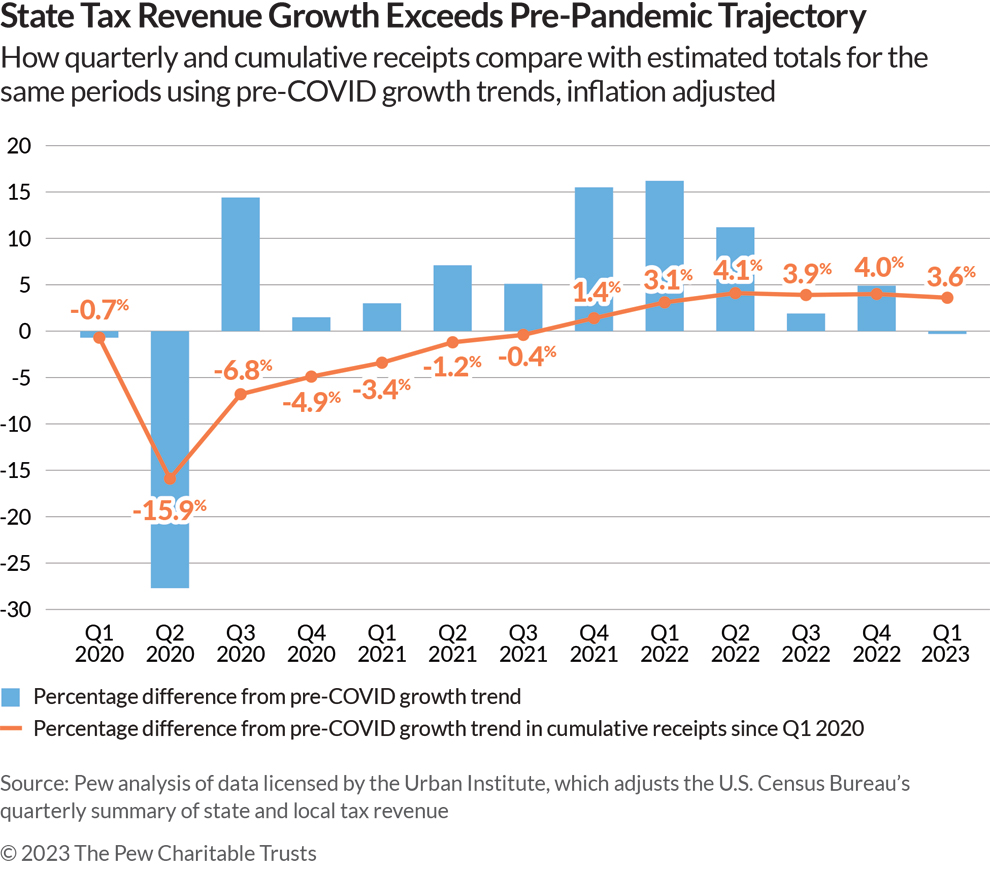
Fiscal Uncertainty: Navigating Trends in Economic Challenges
Fiscal uncertainty has become a prominent theme in the economic landscape, marked by dynamic trends that pose challenges for governments, businesses, and individuals alike. In this exploration, we delve into the multifaceted aspects of fiscal uncertainty trends and the strategies to navigate these complex economic challenges.
The Dynamic Nature of Fiscal Uncertainty
Fiscal uncertainty is characterized by the ever-changing economic landscape influenced by factors such as global events, policy shifts, and market dynamics. Understanding the dynamic nature of fiscal uncertainty is crucial for decision-makers as they navigate through the challenges presented by unpredictable economic trends.
Global Economic Events Impacting Fiscal Stability
Global economic events, whether they be geopolitical tensions, pandemics, or market volatility, have a direct impact on fiscal stability. These events create a ripple effect, influencing exchange rates, commodity prices, and trade relationships. Governments and businesses need to adapt swiftly to the repercussions of these events to maintain economic resilience.
Government Policy Shifts and Their Economic Implications
The policies enacted by governments play a pivotal role in shaping fiscal uncertainty trends. Policy shifts, including changes in taxation, monetary policy, and regulations, can have immediate and lasting effects on economic conditions. Businesses must closely monitor and adapt to these policy changes to ensure operational stability and strategic planning.
Market Dynamics and Financial Volatility
Market dynamics and financial volatility contribute significantly to fiscal uncertainty. Fluctuations in stock markets, currency values, and interest rates can impact investment decisions, capital flows, and overall economic stability. Businesses and investors need to employ risk management strategies to navigate the challenges posed by financial market uncertainties.
The Role of Technological Disruptions
In the modern era, technological disruptions add a layer of complexity to fiscal uncertainty trends. Innovations such as artificial intelligence, automation, and blockchain technology can reshape industries and labor markets, creating both opportunities and challenges. Adapting to these technological shifts is essential for economic sustainability.
Global Trade Relations and Supply Chain Challenges
The interconnectedness of the global economy means that changes in trade relations and supply chain disruptions can trigger fiscal uncertainty. Trade tensions, tariffs, and unexpected disruptions, such as the ones experienced during the COVID-19 pandemic, highlight the vulnerability of global supply chains. Businesses must develop resilient supply chain strategies to mitigate risks.
Strategies for Navigating Fiscal Uncertainty
In navigating fiscal uncertainty trends, proactive strategies are essential. Governments, businesses, and individuals can adopt several measures to enhance economic resilience. These strategies include diversifying revenue sources, building robust risk management frameworks, investing in innovation, and fostering adaptability to changing economic conditions.
The Importance of Financial Planning and Contingency Measures
Financial planning is a cornerstone in addressing fiscal uncertainty. Governments and businesses need to develop comprehensive financial plans that account for various economic scenarios. Contingency measures, such as building emergency funds and maintaining liquidity, provide a buffer against unexpected economic challenges.
Investing in Education and Skill Development
A skilled and adaptable workforce is a valuable asset in navigating fiscal uncertainty. Governments and businesses should invest in education and skill development programs to enhance the capabilities of the workforce. This not only contributes to individual livelihoods but also strengthens the overall economic resilience of a nation.
International Collaboration and Economic Diplomacy
Given the global nature of fiscal uncertainty, international collaboration and economic diplomacy are crucial. Nations can work together to address common challenges, negotiate trade agreements, and share best practices. Collaboration fosters a more stable global economic environment, benefiting economies on a broader scale.
Adapting to the New Normal of Fiscal Uncertainty
As fiscal uncertainty becomes a constant presence in the economic landscape, adapting to the new normal is imperative. Governments, businesses, and individuals must embrace agility and innovation in their approaches. The ability to adapt quickly to changing economic conditions is a key factor in building resilience and ensuring long-term sustainability.
Explore more about Fiscal Uncertainty Trends and strategies for navigating economic challenges at dearakana.my.id. Gain insights into the ever-evolving economic landscape and discover practical approaches to thrive in an environment marked by fiscal uncertainty.




